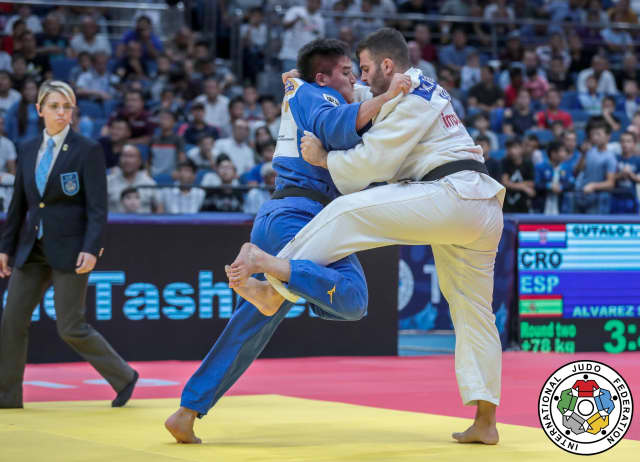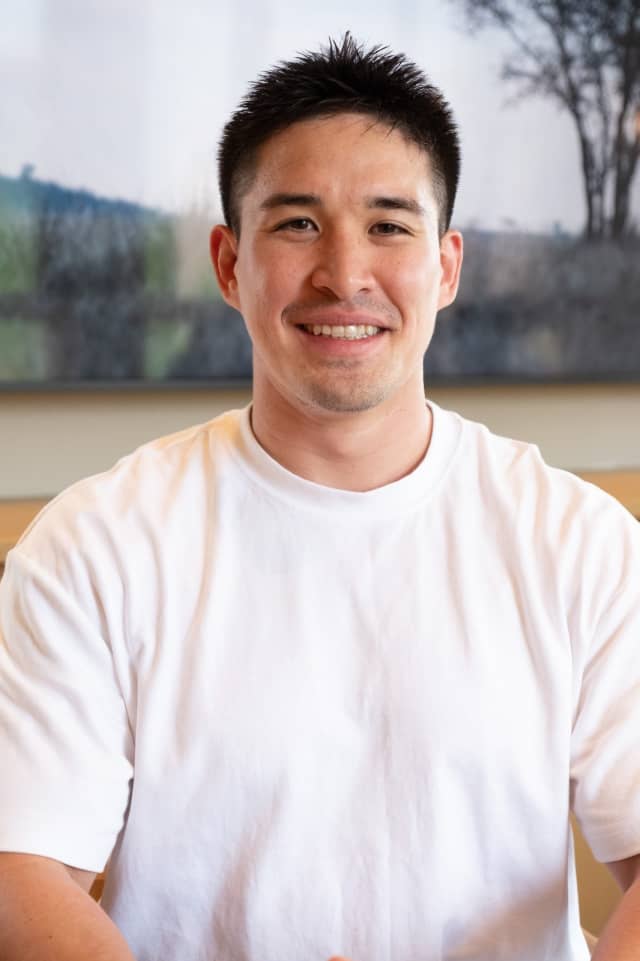“In years gone by there has been little emphasis on having fun. Most judo classes, even for the youngest judoka have been about technical training and hard work. I think though, when we are younger, we need a lot of fun; we must love judo first. Recently in Japan more fun judo classes for children are appearing, it’s a much more regular occurrence now. If they love it, they start to want to reach the high level and can cope better with strong training. This is the best way.
I started thinking about the Olympic Games after I won the first prize at a high school tournament in 2012 and gradually increased my frequency and level of training. Every aspect of training is very important."
"My usual schedule is to do two training sessions every day. In the morning there is usually judo and in the afternoon weight training. The weights can be alternated with other physical work. I do a lot of mountain running, for example, in addition to more traditional strength training, conditioning and judo. I do a lot of supplemental gym training alongside the running plus rope climbs and tyre pulls and other exercises.
On 5 days each week there will usually be randori; maybe 8 or 9 rounds of 5 minutes, 5 times per week. I can substitute each of these usual sessions though. I talk to my body about all of it and change according to what my body needs but there is a basic programme.
My training group writes and delivers its own training programme rather than it being led by a specific coach. We are a group of judoka who all work together and we also plan our own training."
"At the Olympic Games, I used o-uchi-gari in both the final and semi-final; it’s my favourite technique. In the lead up to the Games I did a lot specific work such as using two people for uchi-Komi. This 3 person uchi-komi, with an extra person behind uke helped to develop the power of the throw with this.
I think I still need to improve my ne-waza and add kansetsu-waza to my game. It is important to keep learning even when you have already won big medals.”
The message is clear from Mashu Baker: train a lot, train according to your body’s capabilities, keep learning and have fun!





